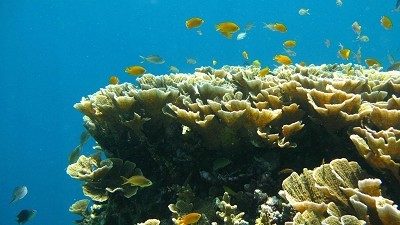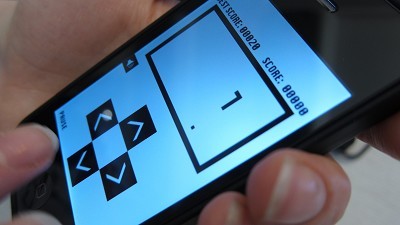 A scientific survey of the Great Barrier Reef is to be launched that will give the public the chance to go for “virtual dives” online.
A scientific survey of the Great Barrier Reef is to be launched that will give the public the chance to go for “virtual dives” online.
The Catlin Seaview Survey aims to study the reef and its wildlife from sea level to 100 metres below the surface, in a bid to gather data which it is hoped will increase scientific understanding of the impacts of climate change on the oceans.
It will capture thousands of 360 degree panoramas with a specially developed camera that will allow people across the world to pick a location and see the underwater landscape along the reef off the coast of Australia.
Around 50,000 panoramas from the survey will be accessible on Google Earth and Google Maps, while the project will also have a dedicated YouTube channel and will allow people to watch live webstreams of the expedition teams from under the sea.
The survey, starting in September, will examine the shallow reef, taking images and using image recognition software to make a rapid census of fish, corals and other creatures at 20 sites along the Great Barrier Reef.
A deepwater survey using diving robots at depths of 30-100 metres aims to examine the health, wildlife and make-up of the reef in order to get a better idea of how climate change may affect corals in deep water.
The study will also track 50 tiger sharks, green turtles and manta rays with satellite tags which will monitor their location, temperature and depth, information that will be compared with ocean data to gain understanding of their behaviour and migration in the face of warming oceans.
Professor Ove Hoegh-Guldberg, of the University of Queensland, who is chief scientist for the project, said: “The Catlin seaview survey comprises a series of studies which will reveal to the public one of the last frontiers on Earth: the oceans.
“For the first time in history, we have the technology available to broadcast the findings and expedition through Google.
“Millions of people will be able to experience the life, the science and the magic that exists under the surface of our oceans.”
Source : Orange News




































